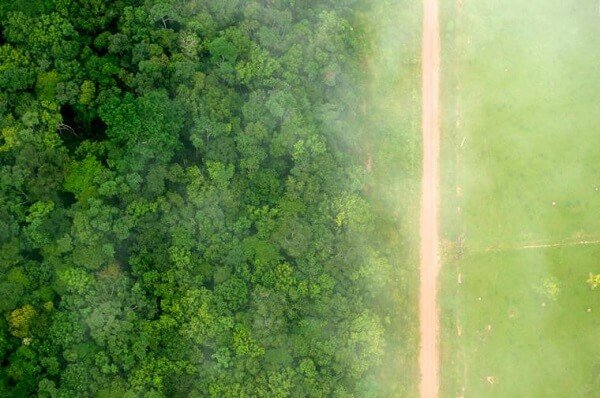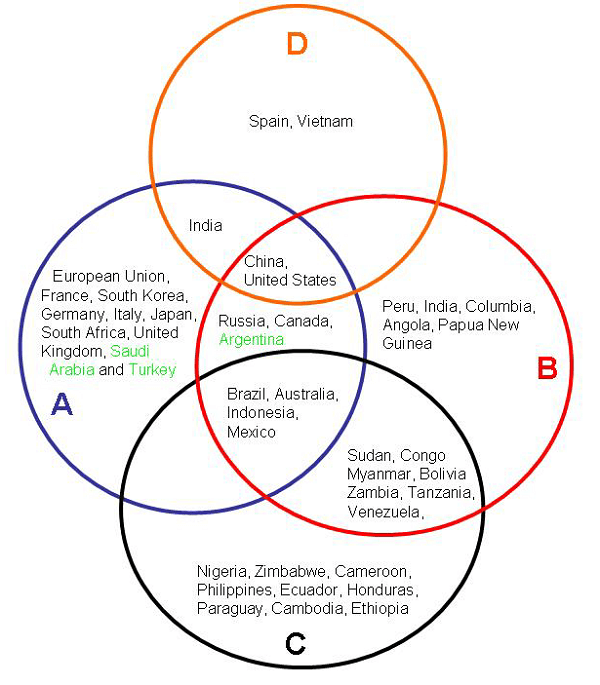Bali, Indonesia, will be the host of the G20 summit from 15th to 16th November 2022. Will the leaders of most of the world's largest economies discuss climate change in general, and the future of our forests specifically?
The country has been struggling to control its rampant deforestation for years, and the loss of forests has contributed to Indonesia’s greenhouse gas emissions. In order to address the issue, the Indonesian government has proposed a number of initiatives, including a moratorium on new palm oil plantations. However, the country’s palm oil industry is a major contributor to the economy, and it remains to be seen whether the government will be able to implement these changes.
Source: Wahanews
Indonesia being the summit's host, a lot of attention is directed toward the country who recently partnered with Norway, and where President Joko Widodo said his own archipelago’s rainforests, mangroves, seas and peatlands were key to restricting climate change.
Back in October 2021 in Rome Session II of the G20 Summit, Jokowi (as he is widely called) said that “Indonesia wants the G20 to set an example, Indonesia wants the G20 to lead the world in cooperation on handling climate change and managing the environment in a sustainable manner by performing concrete actions”.
But pretty words aren’t going to convince NGOs like WWF for whom much more is needed to tackle the climate crisis. As stated by Fran Price, Global Forest Practice Lead for WWF, “Efforts to restore forest ecosystems must come alongside rapid decarbonization and efforts to halt the deforestation of standing forests, which continue to be destroyed at alarming rates”.
A bird's eye view of the stark contrast between the forest and agricultural landscapes near Rio Branco, Acre, Brazil. Photo by Kate Evans/CIFOR
But what is the exact relation of G20 Countries to Countries with Greatest Forestland Area, Forest Area Losses, and Forest Area Gains, The diagram below is very helpful to understand how it all connects:
A – G20 members (countries that are not also members of Major Economies Forum are in green);
B – Countries holding 80 percent of world's forests;
C -countries contributing 80 percent of the world's forest losses 1990-2007;
D – countries contributing 80 percent of the world's forest gains 1990- 2007.
As you can see, the leaders of the G20 should resolve to contribute to the global goal of planting at least one trillion trees by 2030 by hiring workers right away for implementation, halting deforestation from all sources, including for palm oil plantation, and the loss of mangroves and coastal wetlands, supporting others in such efforts, and promoting diversified, plant-based agriculture.
Palm Oil Plantation in East Kalimantan, Indonesia
But ideas about how the G20 can positively act on deforestation are numérous. As a matter of a fact, Games Of Thrones author George RR Martin's very lengthy book series would be jealous of how many pages we could write about all the potential solutions. No, ideas are there, and WRI Indonesia has listed some very good ones. But like always, the issue lies with actions.





